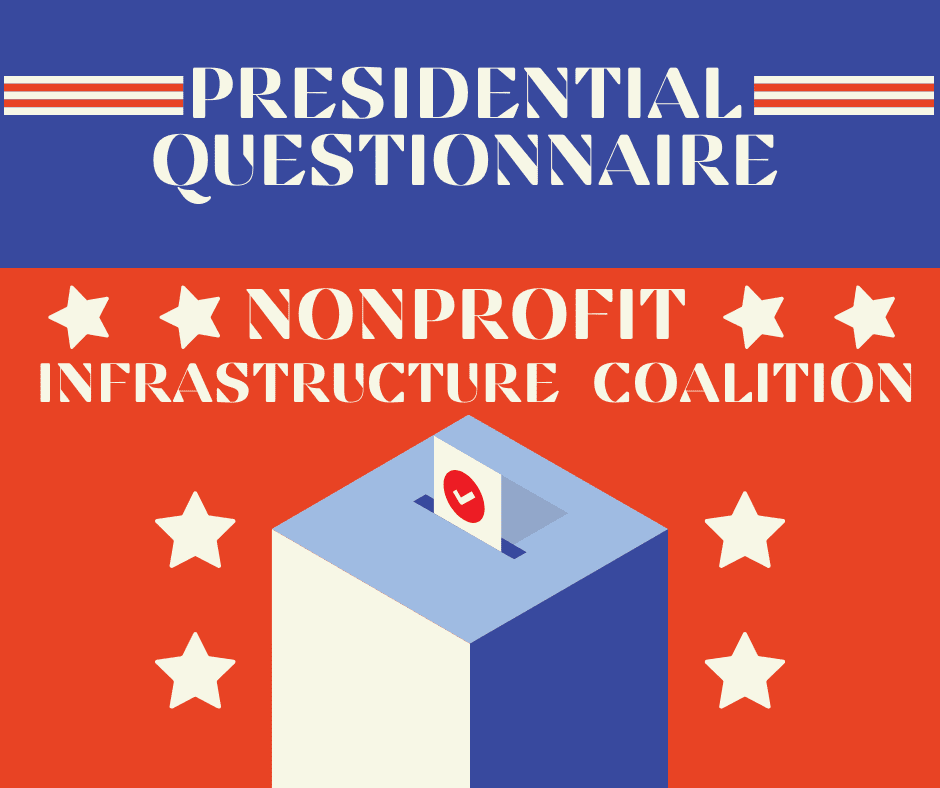Private foundations are prohibited from participating or intervening in partisan political campaigns and from expressing views on specific legislation to legislators or issuing a “call to action” in communications about legislation with the general public unless the legislation regards matters which might affect the existence of the foundation, its powers and duties, its tax-exempt status, or the deduction of contributions to the foundation (also known as the “self-defense” exception).
Private foundations may:
- Build relationships with elected officials;
- Share with them information about the foundation’s activities and grants;
- Provide technical assistance or advice to legislative body or committee in response to a written request;
- make available nonpartisan analysis, study or research.
Restrictions on Grants
In general, private foundations may not earmark a grant to a nonprofit for lobbying. They may provide general support grants to organizations that lobby and they may provide grants for specific projects with a lobbying component, so long as their grant amount does not exceed the budgeted non-lobbying expenses for the project.



